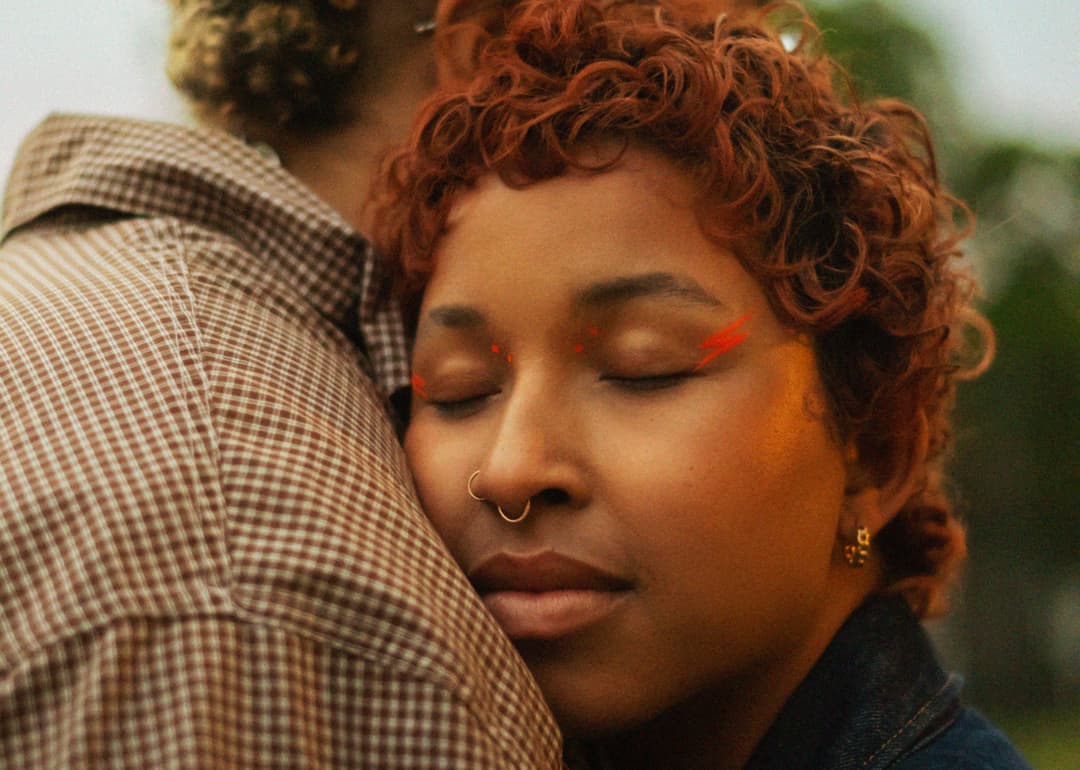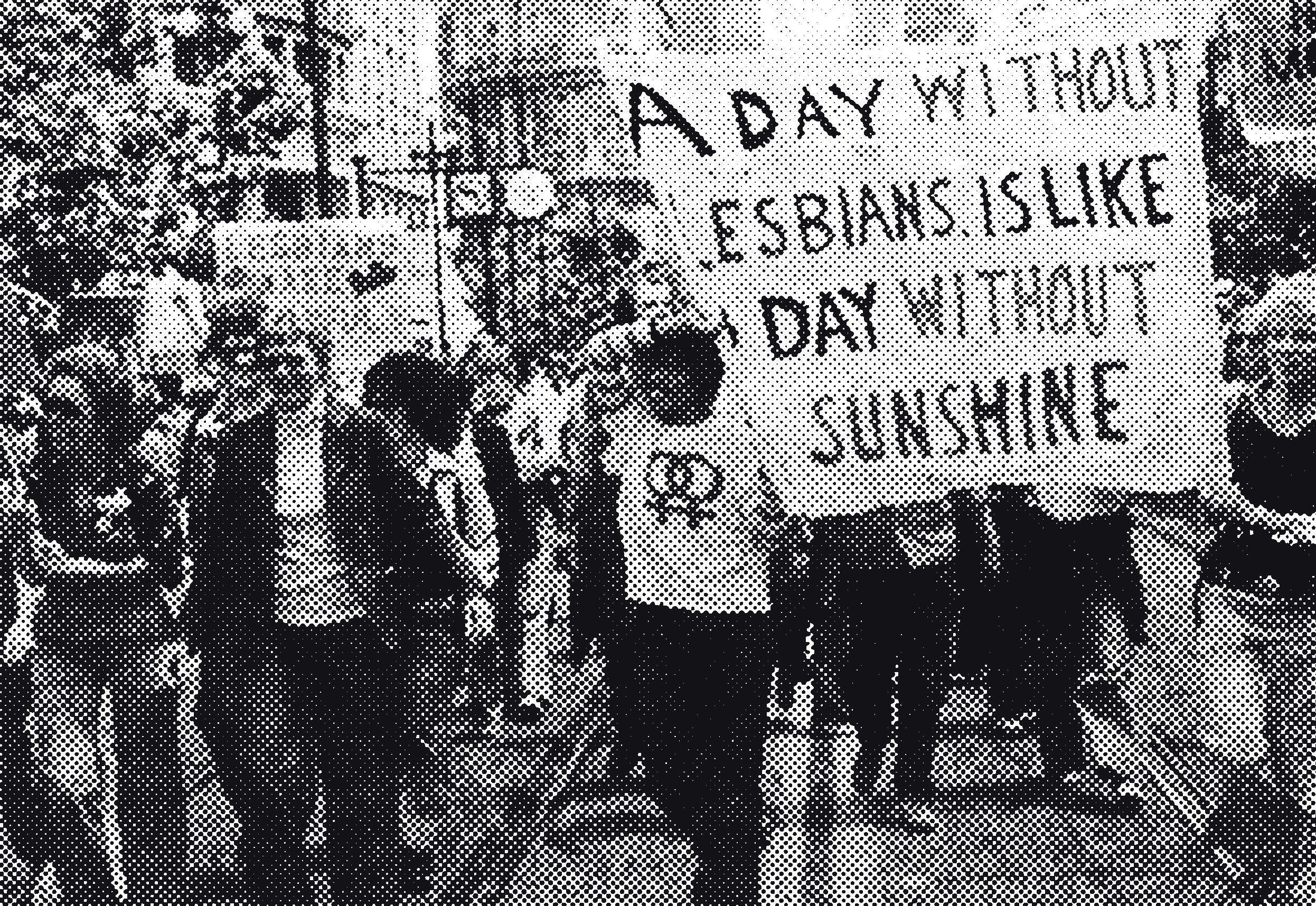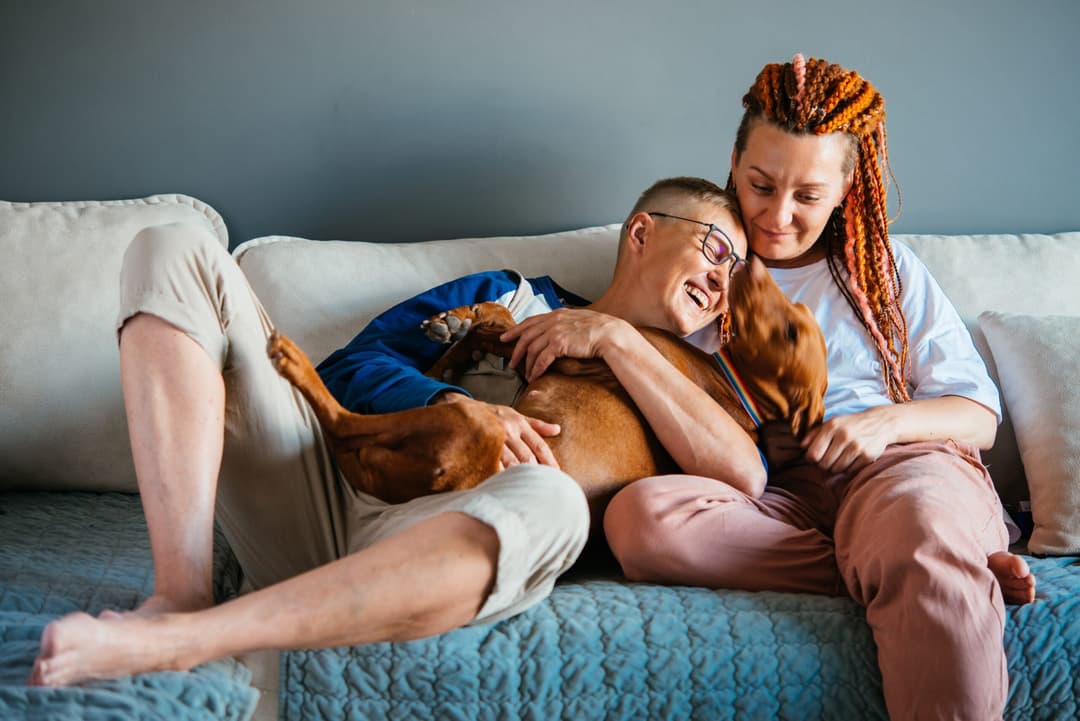Inside the Anxiety Experience – It’s More Common Than You Think

Anxiety hits harder for LGBTIQ+ women and gender-diverse people due to discrimination and exclusion.
Minority stress fuels it — stigma and unsafe spaces heighten anxiety.
Affirming support works — inclusive care and community connection help recovery.
Anxiety. It’s a word we hear a lot – and for good reason. Most of us feel anxious from time to time: before a big meeting, during a breakup, or when something just doesn’t feel right. But for some, anxiety becomes part of our daily lives and it can start to interfere with our life, work, and relationships.
For LGBTIQ+ women and non-binary people, the experience of anxiety can be especially complex. Overlapping factors like discrimination, invisibility in healthcare, and social exclusion contribute to higher rates of anxiety compared with the general population. Research such as the long-running Sydney Women and Sexual Health (SWASH) study continues to shed light on these lived realities and the urgent need for inclusive, responsive mental health care.
What Is Anxiety?
Anxiety is a natural response to stress or danger – your body’s internal alarm system. It’s helpful when you’re crossing a busy road or in a vulnerable situation, but when that alarm doesn’t switch off, even in safe situations, it can become a persistent condition that disrupts daily life.
People living with anxiety may experience:
- Racing heart or shortness of breath
- Difficulty sleeping or constant tiredness
- Rumination – overthinking or looping thoughts
- Feeling on edge, irritable, or easily overwhelmed
- Digestive issues or nausea
- Feeling disconnected from your body or surroundings
It can feel like you’re always in survival mode, struggling to keep things together on the outside while feeling overwhelmed inside.
Why Anxiety Happens
There’s no single cause of anxiety for LGBTIQ+ women and gender diverse people – it’s usually a combination of factors.
For many LGBTIQ+ women and gender-diverse people, anxiety can stem from a mix of social, emotional, and structural challenges. Experiences of homophobia, transphobia, or exclusion can create a constant sense of vigilance and fear, while a lack of acceptance or support from family members often adds another layer of stress. Coming out or disclosing one’s identity can bring anxiety about rejection or judgment, and ongoing disconnection from community can leave people feeling isolated or without belonging.
Many also face the burden of masking their identity, internalised stigma, and overlapping forms of marginalisation such as racism, ableism, or classism. These pressures can be compounded by identity-based violence, abuse, or hate crimes, as well as financial stress from insecure work or unemployment. Limited access to LGBTIQ+-affirming healthcare and the isolation of living in regional or rural areas further reduce opportunities for support — reinforcing the need for inclusive, accessible, and compassionate mental health care.
Anxiety in LGBTIQ+ Women and Gender-Diverse Communities
The SWASH study – the longest-running survey of LGBTIQ+ women’s health and wellbeing in Australia – has consistently found that anxiety and other mental health conditions are far more common in our communities.
In the 2023 SWASH report, more than 60% of participants reported being diagnosed with a mental health condition at some point in their lives, with anxiety among the most common. Rates were even higher among trans and gender-diverse participants, and for those experiencing racism, poverty, or disability.
These disparities are not about personal weakness – they reflect systemic inequities that affect safety, belonging, and access to care.
Minority Stress: The Hidden Pressure
A key concept in understanding these disparities is minority stress—the chronic stress experienced by people who are stigmatised because of their sexual orientation or gender identity. This stress can manifest through experiences such as misgendering, microaggressions, or invalidation; fear of coming out or being judged; exclusion or harassment at work or in public; and negative encounters with healthcare providers. Over time, these experiences accumulate, leading to increased anxiety, depression, and avoidance of healthcare. The SWASH data highlights this connection, showing that participants who felt unsafe in public or faced discrimination in healthcare were significantly more likely to report symptoms of anxiety.
What Can Help
The good news is that anxiety is treatable – and recovery is possible. You don’t have to ‘just get over it’ or ‘tough it out.’ Support works best when it’s affirming, inclusive, and tailored to your needs. With the right help and a supportive community, healing can lead to greater self-understanding, resilience, and confidence in living authentically.
Professional Support
- Talking therapies, like Cognitive Behavioural Therapy (CBT), help people understand and manage anxiety more effectively.
- Medication, prescribed by a GP or psychiatrist, can also be helpful – especially alongside therapy.
- LGBTIQ+-affirming providers create safe spaces where you can be yourself without fear of judgement.
Community and Peer Connection
- Peer support and community groups can reduce isolation and help people feel understood and valued.
- Hearing about others lived experiences in the community can be profoundly healing.
Self-Care and Lifestyle
- Mindfulness, breathwork, and gentle movement such as yoga or walking can help calm your nervous system.
- Prioritising rest, nutrition, creative outlets, and boundaries supports ongoing wellbeing.
You’re Not Alone
If you’re living with anxiety, know that help is available and healing is possible. Reaching out for support is a sign of strength, not weakness. You deserve care that affirms who you are.
Support Services
- QLife: 1800 184 527 (3pm–midnight daily) – free and anonymous LGBTIQ+ peer support
- Lifeline: 13 11 14 – 24/7 crisis support
- Beyond Blue: 1300 22 4636
- Your local queer-affirming GP or psychologist
Where to
find support
Looking for someone to talk to?
Find peer groups, community organisations and referral pathways for LGBTIQ+ women and gender diverse people.




